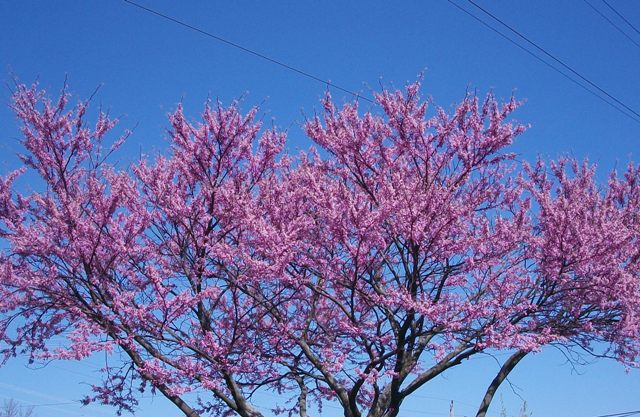We writers who work full-time at non-writing jobs face countless obstacles in our quest for a few hours of peace and quiet. I’ve come to believe that being an English teacher may be one of the worst jobs of all, as my struggle to read and assess stacks of student essays not only takes most of my free time but also tends to sap the joy from the writing process.
With so little time to write between August and June, I’ve come to value interesting writing prompts as tools to spark my numbed brain. This year, the arts council in my community put forth a theme for their annual poetry contest that initially prompted a “meh”: The Fire of Spring. Being mired in one of the worst winters on record, I took this topic at face value and planned my first poem, “Equinox,” taking a few days to craft it, all the while knowing it was nothing special. While this poem took shape, however, other myriad possibilities began to emerge from the theme, and I realized that moving away from the iconic and literal “fire of spring” was what the arts council was most likely hoping we poets would do.
Expanded to other elements in nature, the theme suggests golden daffodils or dandelions, two of spring’s earliest blooms, or the yellowing of goldfinches as they molt their winter gray. Less literal still, spring’s fire could mean the spark of all new growth around us, in grasses, trees, or hedgerows; or it might refer to the fire in the bellies of nature’s creatures – the randiness of mating pairs in their instinctive quest for offspring.
For a lighter touch, one could write of the fire in the barbecue grill or motorcycle engine on the first warm day in April. Other options are grimmer: the first fire of gunshots on a warm city night, or – in the world of education – the annual March firings of teachers who are RIF’ed or denied tenure.
The fire we may feel to hit the road and drive far away is yet another possibility, and it’s the one I finally chose for my second contest piece. In my house, spring means that my son, who has autism, will be eagerly planning our summer excursions calendar, daily jaunts that will allow him to fill in several more of the empty maps in his head that cry out for concrete images. The poem begins:
He wants to know where every road ends,
needs to fill with a crayon’s candor
the white limbo all around him.
The metaphor many writers would seize upon is the fire to create – which is so gloriously sparked when the snows disappear at last, and we can once more feel the sun on our faces. I’m sure that thousands of writers across the northern half of our country join me today at the window, pining for the day when we may finally open it wide and smell the fresh grasses once again. May this spring be full of hard-won fires that will ignite our spirits and spread powerful words across our pages.


